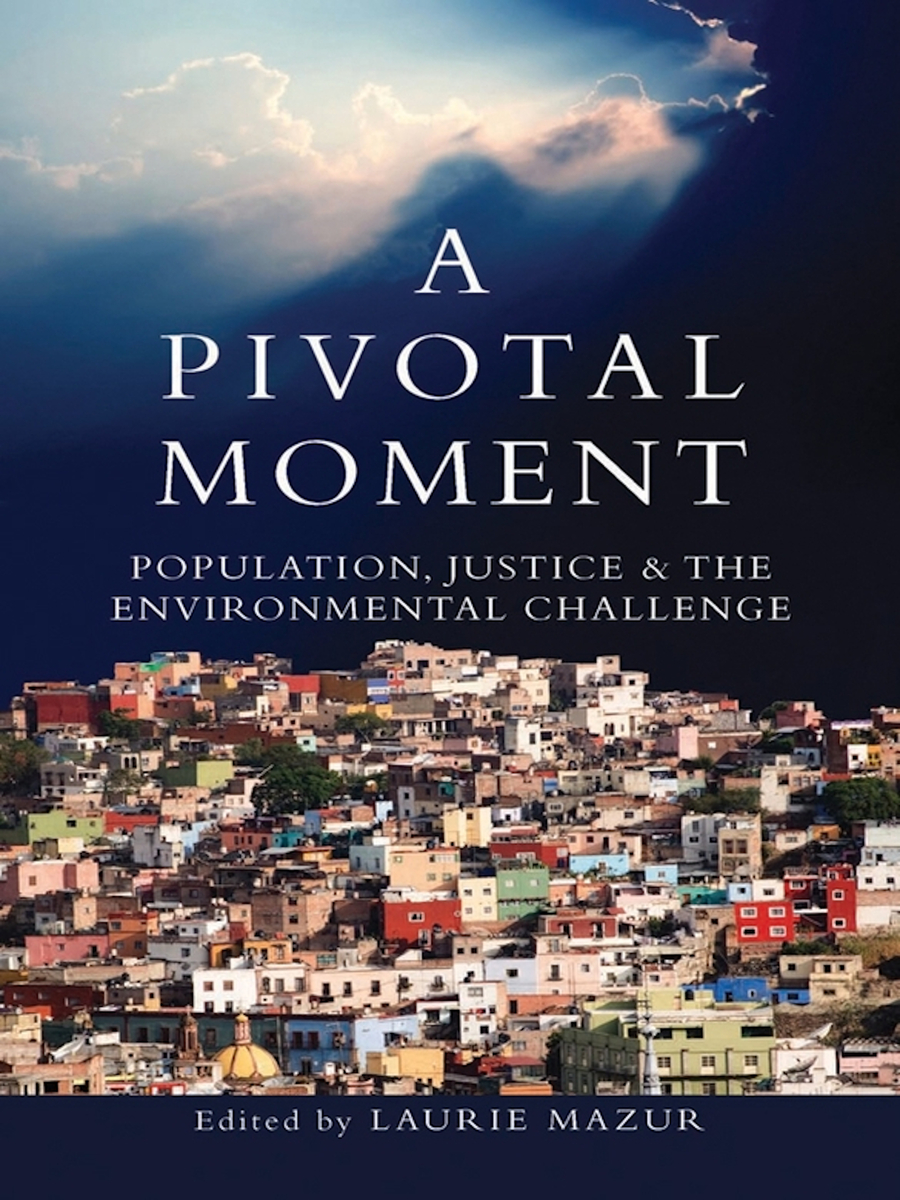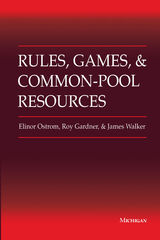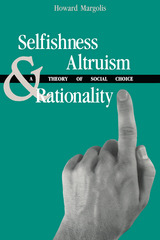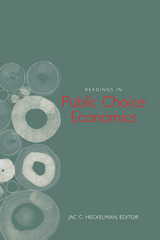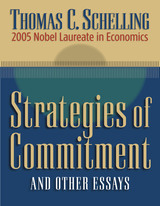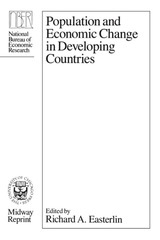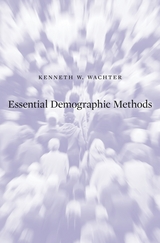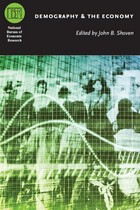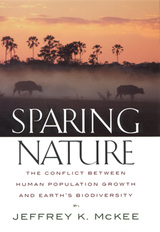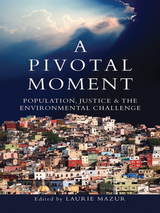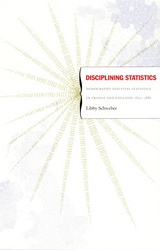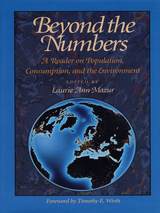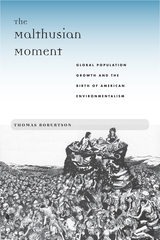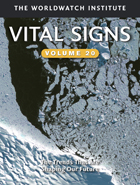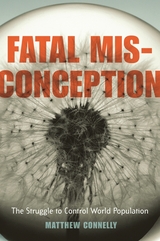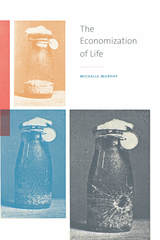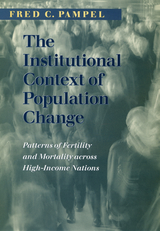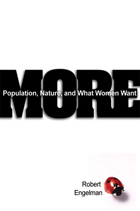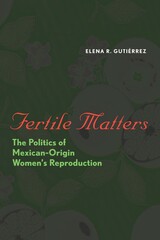A Pivotal Moment: Population, Justice, and the Environmental Challenge
Island Press, 2010
Paper: 978-1-59726-662-8 | eISBN: 978-1-61091-141-2 | Cloth: 978-1-59726-661-1
Library of Congress Classification HB849.415.P58 2010
Dewey Decimal Classification 304.6
Paper: 978-1-59726-662-8 | eISBN: 978-1-61091-141-2 | Cloth: 978-1-59726-661-1
Library of Congress Classification HB849.415.P58 2010
Dewey Decimal Classification 304.6
ABOUT THIS BOOK | AUTHOR BIOGRAPHY | REVIEWS | TOC | REQUEST ACCESSIBLE FILE
ABOUT THIS BOOK
With contributions by leading demographers, environmentalists, and reproductive health advocates, A Pivotal Moment offers a new perspective on the complex connection between population dynamics and environmental quality. It presents the latest research on the relationship between population growth and climate change, ecosystem health, and other environmental issues. It surveys the new demographic landscape—in which population growth rates have fallen, but human numbers continue to increase. It looks back at the lessons of the last half century while looking forward to population policies that are sustainable and just.
A Pivotal Moment embraces the concept of “population justice,” which holds that inequality is a root cause of both rapid population growth and environmental degradation. By addressing inequality—both gender and economic—we can reduce growth rates and build a sustainable future.
See other books on: Justice | Population | Social justice | Sustainable development | Women's Health
See other titles from Island Press
